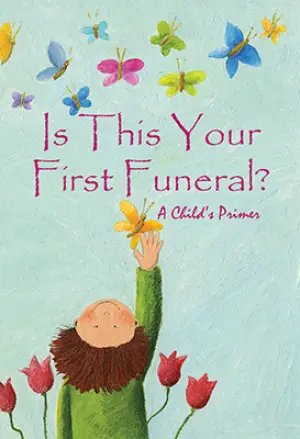Personal Reflection on She Who Knows
As a lover of speculative fiction, the moment I heard about She Who Knows by Nnedi Okorafor, I felt a magnetic pull. This novella serves as the launching pad for a new trilogy set in the compelling universe of Who Fears Death. The title character, Najeeba, shares a name with the protagonist’s mother, hinting at deep roots and interconnected stories. When the digital ARC was kindly provided by Netgalley and the publishers, I entered with high hopes—and they were mostly met.
A Journey Through Intriguing Themes
At its core, She Who Knows is a coming-of-age tale set in a world filled with rich folklore and the weight of patriarchal traditions. Najeeba, a 13-year-old from the marginalized Osu-nu community, lives in a society divided by class and ethnicity. This vivid setting almost feels like a character itself, as the rural landscapes and the contrasting lives of the Osu-nu and Okeke people shape Najeeba’s journey. What struck me most was the duality of her existence—she’s both a part of her community’s struggles and driven by an inner calling to embrace a more expansive destiny.
The narrative explores themes of racism, gender oppression, and the quest for identity. As Najeeba begins to feel the pull towards the dangerous salt-extracting journey traditionally reserved for men, readers are drawn into her transformative arc. The story deftly intertwines elements of mysticism and gender politics, presenting spiritual questions about freedom, societal norms, and the concept of choice itself. Okorafor has a knack for weaving complex female voices that confront societal constraints, making this story resonate more deeply for me.
Narrative Style & Impressions
Okorafor’s writing is mesmerizing, striking a delicate balance between lyrical and profound. The way she describes Najeeba’s world—full of vibrant imagery and palpable tension—makes it easy to lose oneself in the narrative. I found the pacing relatively swift, which kept me engaged but also left me yearning for deeper explorations of certain themes.
However, I must admit that the ending left me questioning everything. The surprise conclusion had me exclaiming, "Wait, what?!" Suddenly, I was both intrigued and slightly unsatisfied. While I understand that cliffhangers can enhance anticipation for sequels, I felt that some key aspects—the goddess, the mysterious pink light, and the significance of the paper house—could have been addressed more thoroughly. But perhaps that ambiguity is part of Okorafor’s artistic choice, leaving us hungry for more.
Conclusion: Who Should Read This?
Despite its unresolved threads, She Who Knows has carved out a place in my heart. I recommend it for fans of Afro-futurism, readers looking for strong female protagonists, and anyone interested in thoughtful discussions of societal issues through the lens of speculative fiction. If you enjoy stories that prompt you to reflect on gender roles, cultural identity, and the transformative journey of young women, this novella is certainly for you.
My journey with Najeeba feels just like the salt she gathers—full of potential and rich with flavor, yet still leaving me curious about what’s to come. Now, I eagerly await the next installment in this enchanting trilogy!
Discover more about She Who Knows (She Who Knows #1) on GoodReads >>



